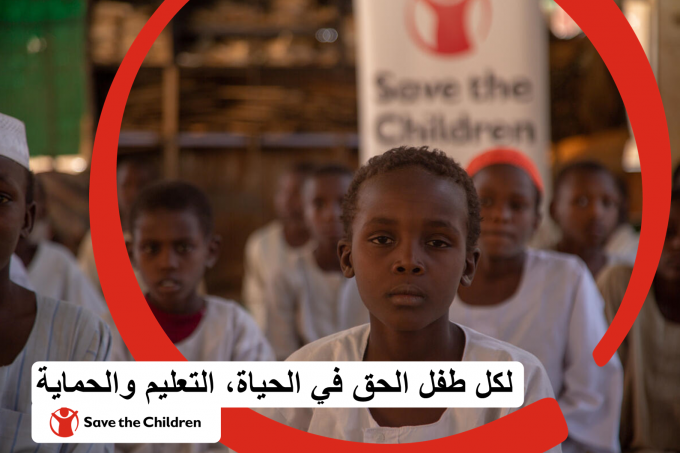Save the Children and Journalists for Children welcome the decision of passing the regulation list to roll out banning of corporal punishment in educational institutions -2020

(Khartoum, Sudan, Nov 19, 2020) – Journalists for Children led the work of forming a committee of advisers from the Ministry of Justice and the National Council for Child Welfare- supported by Save the Children International (SCI). The committee has set up this regulation of conduct control in educational institutions- 2020- under the provisions of Article 5 (2) and Article 29 (2) of the Children's Act 2010, and the regulations of student conduct and prohibited punishments in educational institutions.
The regulation included the words and phrases set out in the Children's Act 2010, indicating their meaning, such as degrading words, behavior modification, conduct guidance. It has also reflected the scope of the application, positive behavior, and negative behavior modification guidelines.
Corporal punishment in Sudan is widespread and common in schools. This behavior is practiced by schoolteachers for educational purposes.
SCI indicates that the main obstacle to ending corporal punishment lies in the lack of awareness of teachers, parents, and children themselves about the rights of children and the alternatives to punishment. Therefore, SCI works closely with the national and international human and child rights organizations to address the key recommendations to schools’ administrations and the Sudanese government- notably the Ministry of Education.
“Our ambition at Save the Children International is to ensure that every child has the right to live, learn, and to be protected. Therefore, we are pleased with the passing of this regulation list through our tireless work with our partners in JFC, funded by the Swedish International Development Cooperation Agency” Says Arshad Malik, the Country Director of SCI in Sudan.
Through the 2021 plans, JFC will promote and implement this regulation by continuing to train teachers on educational alternatives to corporal punishment. They will also work to set up advocacy groups to end corporal punishment in schools and to raise public awareness about the problem, aiming to gain a better understanding of the prevalence, magnitude, types, and causes of physical violence and its impacts on children.
“Passing this list is a great victory for children's rights that coincides with World Children's Day. We have been advocating for this issue for a long time. This regulation puts an end to physical and psychological violence against children in Khalawi, kindergartens, and schools. Hence, teachers should be trained in alternatives to beating. This will be our focus in the coming phase”, says Ina’am Eltyaeb, the Executive Director of JFC.
 Sudan
Sudan